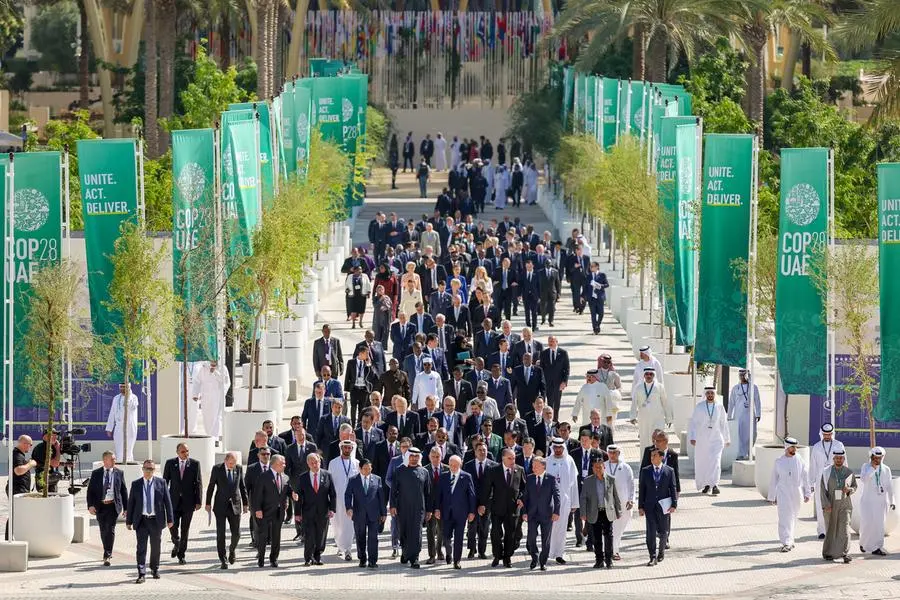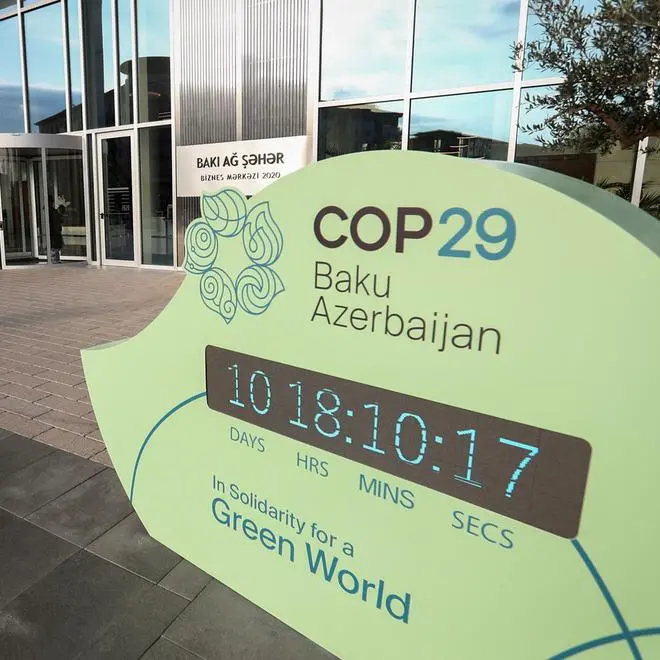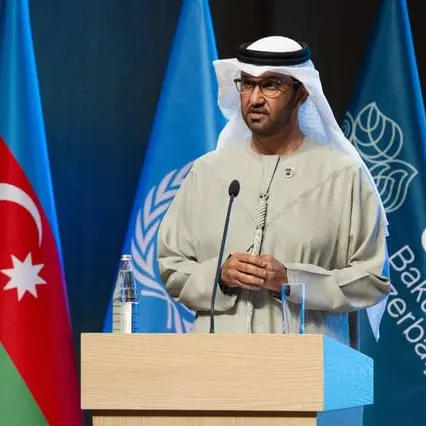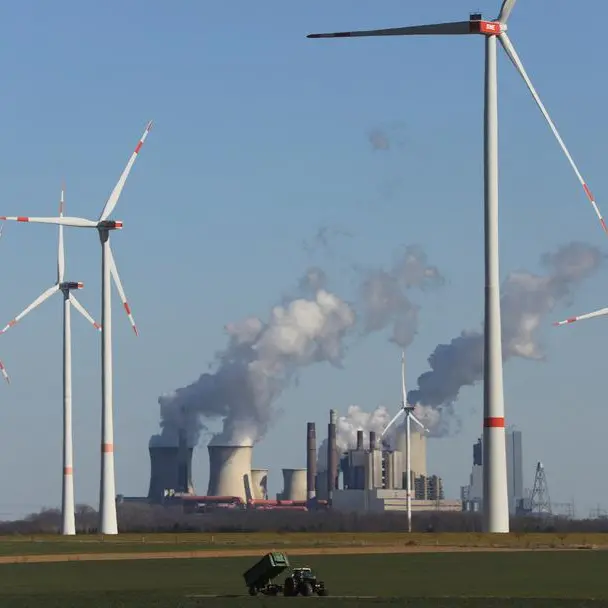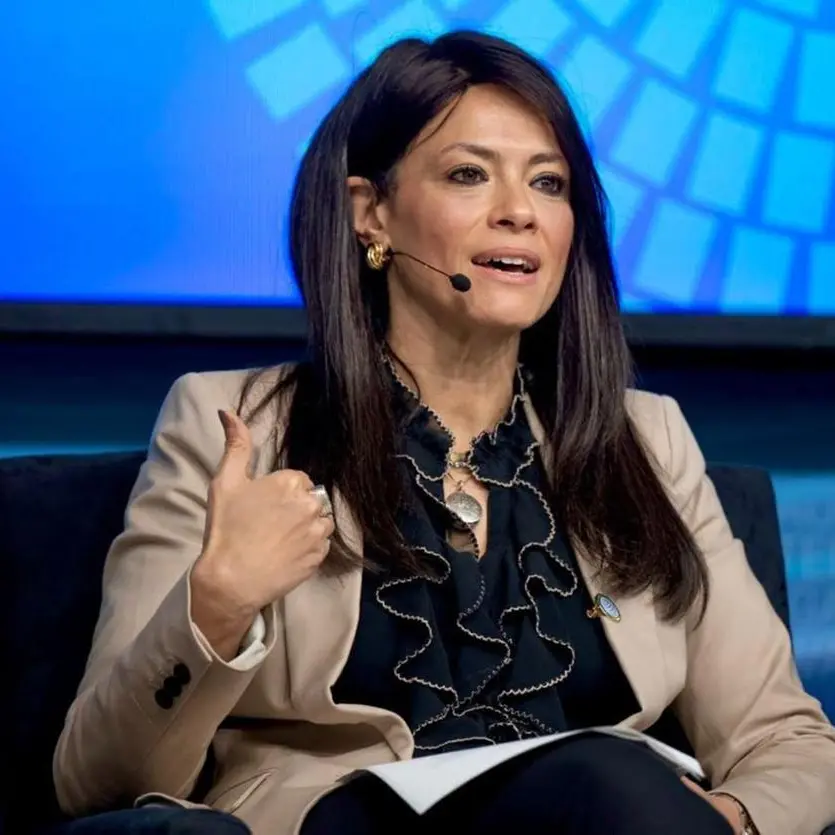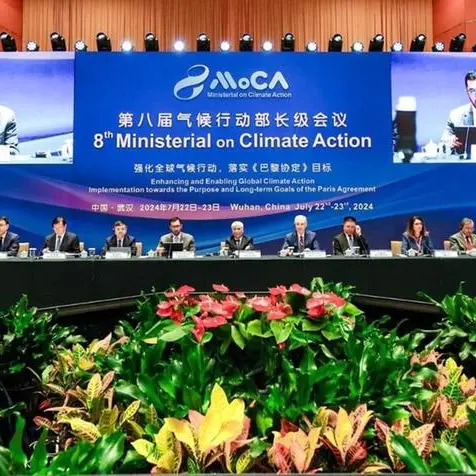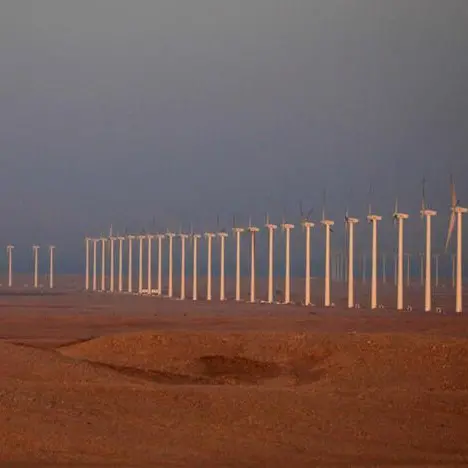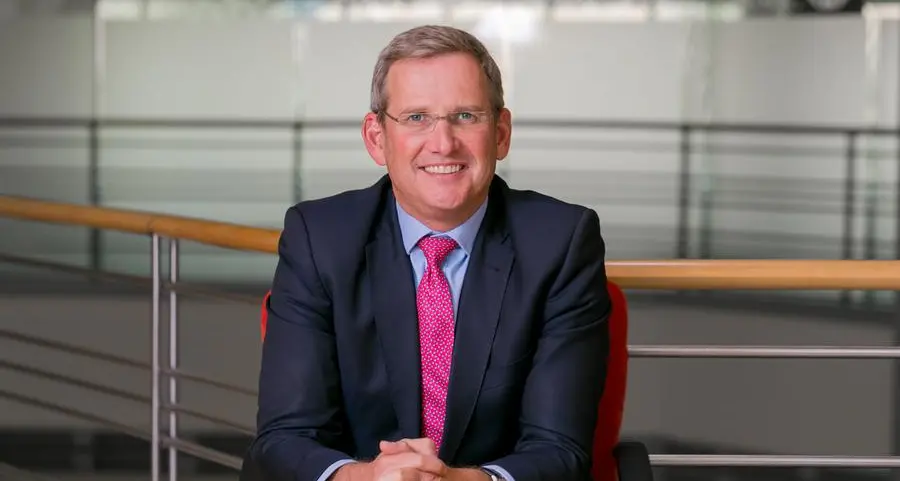PHOTO
DUBAI, - Some of the world's biggest charities have joined forces with the World Bank's private investment arm in a climate financing venture to try to generate $11 billion in investments in developing countries.
Launching the Allied Climate Partners (ACP) platform on Friday, the group aims to use an initial $825 million to attract far more private cash than any previous blending of public and private money of this kind has managed.
Getting more money to poorer countries to help them shift to a low-carbon economy - total climate-related investment needs are estimated at $2.4 trillion annually - is a central theme of the COP28 climate talks in Dubai.
Mark Gallogly's Three Cairns Group and the Bezos Earth Fund are among the charitable donors that aim to seed the ACP with $235 million, with a further $590 million expected to come from investors including the World Bank's International Finance Corporation.
Jamie Fergusson, IFC's Global Head of Climate Business, told Reuters ACP was one of the biggest entries of philanthropic capital into a world that has been overly reliant on sovereign sources.
"In the absence of sufficient flows from north to south, getting leverage out of the pockets of blended finance is really vital," Fergusson said.
The venture's backers hope their cash will lead to an eventual total of $11 billion raised in debt and equity finance for climate-related projects. They also hope it can address the problems of past public-private partnerships that have been stymied by concern about high levels of risk.
Ventures such as ACP can help to bridge the gap as the public or charitable money absorbs more risk, for example by taking on a project's first losses.
If the $11 billion target is hit, ACP said it would equate to a 14 times multiple of the platform's capital, and a 47 times multiple of the philanthropic cash - far in excess of the typical ratio of 1-1 for deals led by some development banks, and IFC's own ratio of 6 or 7.
"You are getting multiple layers of leverage through that process," Fergusson said.
In reaching its estimates, ACP said it had modelled assumptions such as a 42% failure rate, which it believes is conservative.
IFC's early-stage projects in emerging markets have suffered high failure rates and unappealing returns, Fergusson said, but was confident ACP's backers and the structure have advantages.
As junior capital, the philanthropies' will take the first loss, acting as effective insurance to attract the additional investment from multilateral lenders.
The money will then be given to fund managers based in Southeast Asia, Africa, the Caribbean and Central America, and India, which are chosen by ACP.
Those managers will decide which projects to develop and try to raise the billions of dollars needed in debt and equity finance to complete them. ACP hopes the process will also help to build local asset management industries that can eventually finance projects alone.
"We are seeking to catalyse the growth of climate finance in developing countries," ACP Chief Executive Ahmed Saeed told Reuters.
Other philanthropic backers of the ACP include Arnold Ventures, Ballmer Group, Anita and Josh Bekenstein, the Children’s Investment Fund Foundation (CIFF) and Sea Change Foundation International, ACP said.
As well as the IFC, ACP is working with British International Investment (BII), the African Development Bank (AfDB), and Proparco, a subsidiary of Agence Française de Développement Group.
(Reporting by Simon Jessop and Tommy Reggiori Wilkes; editing by Barbara Lewis)
